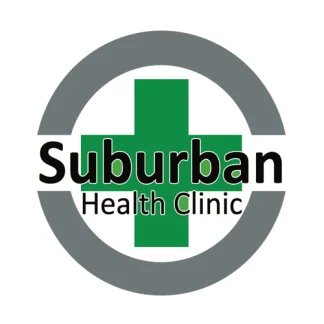The Lennard Clinic
The Lennard Clinic stands as a CARF-accredited substance abuse rehab center in N...
Suburban Health Clinic is a drug and alcohol rehab center located in Union, NJ. They provide substance abuse treatment and mental health therapy groups.
Addiction-related services at this facility include intensive outpatient programs, individual and group therapy, and medication management.
Intensive outpatient program This IOP service provides individual and group substance abuse counseling, addiction education classes, and relapse prevention. Medication monitoring and psychiatric care will also be provided to individuals with co-occurring disorders.
Therapy groups Group counseling includes cognitive behavioral therapy, emotional exploration, and self awareness and covers topics like grief, anger management, seeking safety, self-esteem, and living substance free.
Medication management This is an ongoing evaluation process to monitor how medication affects an individual’s recovery journey. Medication can be adjusted and outcomes will be retested.
Contact us for more information: (908) 258-8765

Connect with Suburban Health Clinic by calling their admissions team directly.
(908) 258-8765 Website Get DirectionsGroup therapy is any therapeutic work that happens in a group (not one-on-one). There are a number of different group therapy modalities, including support groups, experiential therapy, psycho-education, and more. Group therapy involves treatment as well as processing interaction between group members.
Trauma therapy addresses traumatic incidents from a client's past that are likely affecting their present-day experience. Trauma is often one of the primary triggers and potential causes of addiction, and can stem from child sexual abuse, domestic violence, having a parent with a mental illness, losing one or both parents at a young age, teenage or adult sexual assault, or any number of other factors. The purpose of trauma therapy is to allow a patient to process trauma and move through and past it, with the help of trained and compassionate mental health professionals.
Trauma therapy addresses traumatic incidents from a client's past that are likely affecting their present-day experience. Trauma is often one of the primary triggers and potential causes of addiction, and can stem from child sexual abuse, domestic violence, having a parent with a mental illness, losing one or both parents at a young age, teenage or adult sexual assault, or any number of other factors. The purpose of trauma therapy is to allow a patient to process trauma and move through and past it, with the help of trained and compassionate mental health professionals.
The Lennard Clinic stands as a CARF-accredited substance abuse rehab center in N...
Situated in Irvington, New Jersey, New Hope Behavioral Health Center is a drug a...
Elizabeth VA Outpatient Clinic provides Mental Health Services in an outpatient ...
Trinitas Regional Medical Center is a dual diagnosis, drug, and alcohol rehab fa...